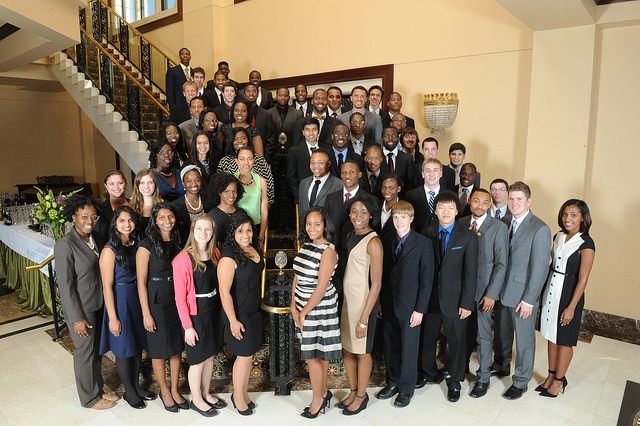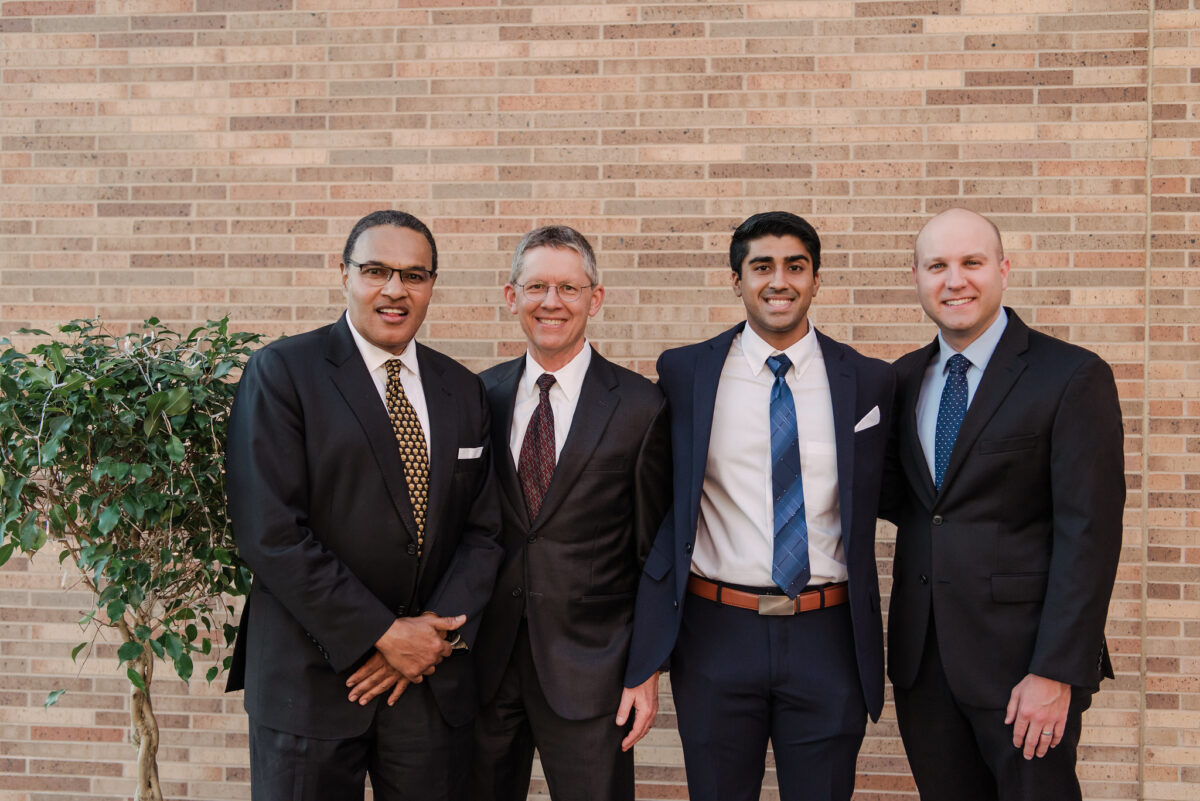The National Science Teachers Association (NSTA) recently released its Summer 2015 edition of NSTA Reports, which included a feature on UMBC’s Meyerhoff Scholars Program (MSP). NSTA Reports is an organizational newspaper which covers national science education news.
 The article, titled “Creating Communities of STEM Scholars,” describes the different components of the Meyerhoff program and how it has inspired similar programs around the country. “The Meyerhoff program is a community of scholars, and students are working to support one another,” MSP director Keith Harmon told NSTA Reports. “What we try to convey is the idea that working together, you can do much more than you could working alone…science and engineering have become so collaborative and interdisciplinary that you have to learn how to work and communicate well with other people.”
The article, titled “Creating Communities of STEM Scholars,” describes the different components of the Meyerhoff program and how it has inspired similar programs around the country. “The Meyerhoff program is a community of scholars, and students are working to support one another,” MSP director Keith Harmon told NSTA Reports. “What we try to convey is the idea that working together, you can do much more than you could working alone…science and engineering have become so collaborative and interdisciplinary that you have to learn how to work and communicate well with other people.”
 Harmon also spoke about how the program encourages and supports student participation in research, conferences, and internships. “After two to three years of working in a research group on campus, several summers away for internships, the majority of scholars leave UMBC with solid research training and a strong scientific identity and commitment to a STEM career,” he said.
Harmon also spoke about how the program encourages and supports student participation in research, conferences, and internships. “After two to three years of working in a research group on campus, several summers away for internships, the majority of scholars leave UMBC with solid research training and a strong scientific identity and commitment to a STEM career,” he said.
The article also explored other initiatives inspired by the Meyerhoff model. “The University of Michigan is among several schools around the country that have adapted elements of the MSP. Its M-STEM Academies aim to increase, strengthen, and diversity the number of undergraduates pursuing bachelor’s degrees in STEM fields,” it stated. The M-STEM Academies offer students a supportive community, academic coaching, and summer programs. However, unlike the Meyerhoff model, M-STEM Academies are two-year programs without full financial benefits. Still, the initiative is seeing progress. “In the very first year, the M-STEM student does have a higher GPA compared to the student that didn’t [participate],” an academic director of the University of Michigan reported. She continued, “We give them a sense of community that gives them the confidence to go forth and really become leaders in whatever they really feel passionate about. I really think that’s the ‘secret sauce.'”
Tags: MeyerhoffScholars



